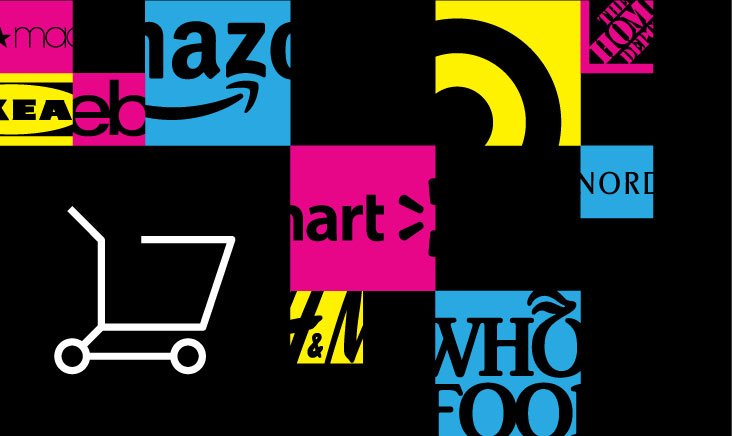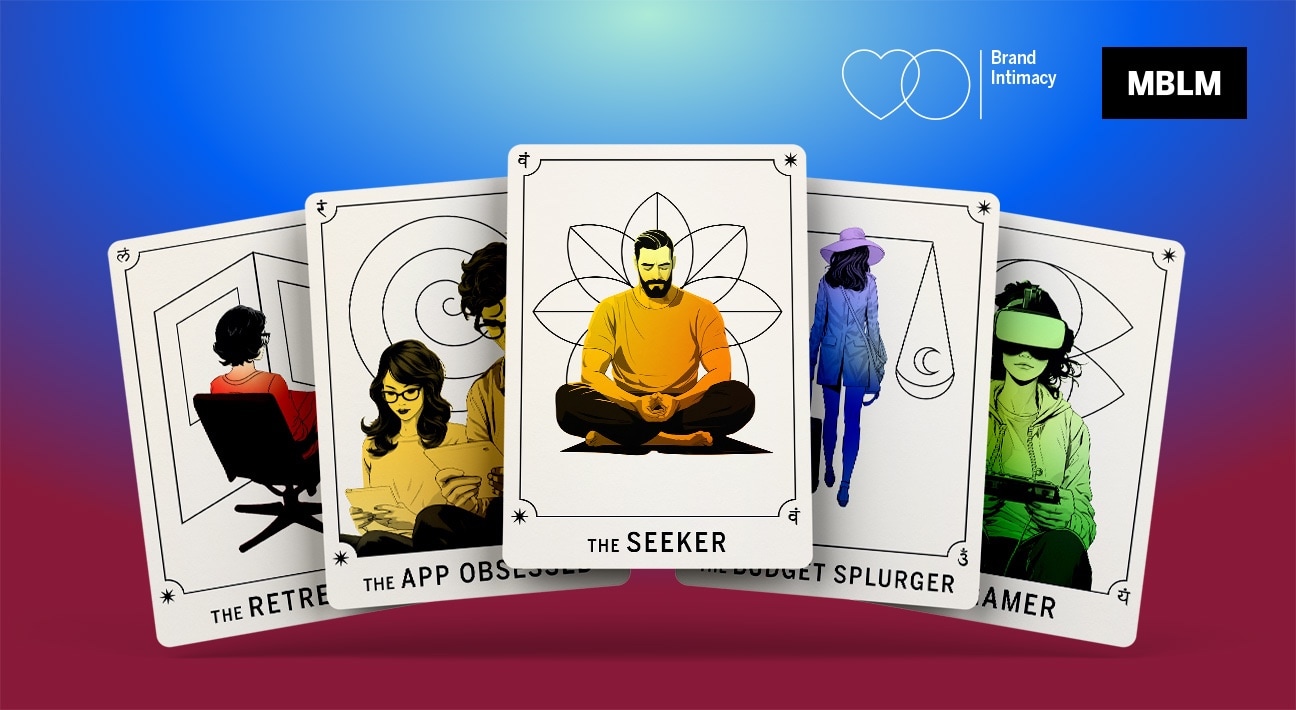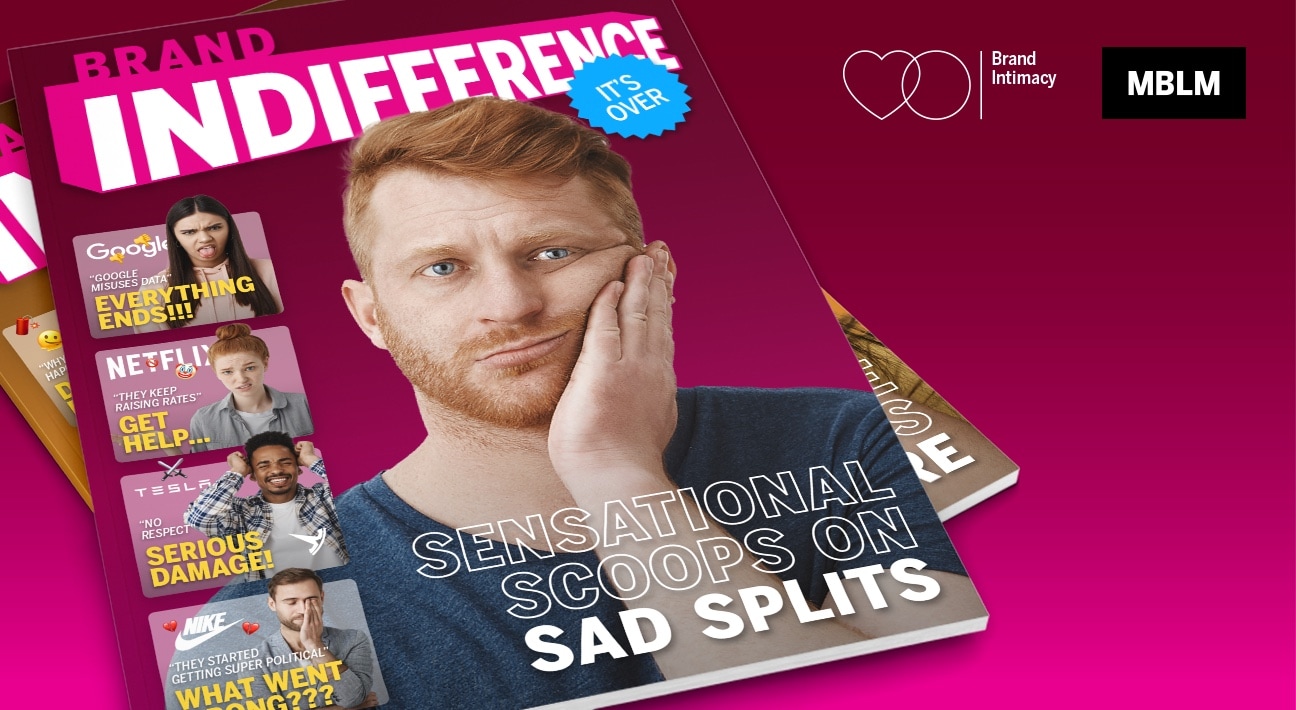Amazon Continues to Dominate Retail, According to MBLM’s Brand Intimacy 2018 Report

Amazon continued to dominate the retail industry according to MBLM’s Brand Intimacy 2018 Report, which is the largest study of brands based on emotions. The industry ranked third overall in the study, following the media & entertainment and automotive industries, which placed first and second, respectively. In the retail category, Amazon was followed by Target and Whole Foods. The remaining brands in the Top 10 were: Wal-Mart, Nordstrom, Home Depot, eBay, Ikea, H&M and Macy’s.
Brand Intimacy is defined as a new paradigm that leverages and strengthens the emotional bonds between a person and a brand. For the third year, the study revealed that top intimate brands in the U.S. surpassed the top brands in the Fortune 500 and S&P indices in revenue and profit over the past 10 years.
“Amazon has cracked the Brand Intimacy code and continues to improve its rank in our annual study,” stated Mario Natarelli, managing partner, MBLM. “While retail is facing challenges, the industry is in the midst of a reinvention and brands should be leveraging our Brand Intimacy principles to build stronger bonds with their customers.”
- Additional significant retail industry findings in MBLM’s Brand Intimacy 2018 Report include:
- The industry had an average Brand Intimacy Quotient of 42.0, well above the overall industry average of 27.1
- Three of the Top 10 Most Intimate Brands in the study were retail brands: Amazon, Target and Whole Foods
- Fulfillment, the archetype related to performance, was most associated with the category, and Amazon was the top-performing retail brand for fulfillment
- Amazon also ranked #1 for both men and women
- Millennials chose Target as their top choice in the retail industry
- Those aged 35 to 64 preferred Amazon, as did people with annual incomes between $35,000 and $75,000, while Whole Foods ranked #1 for those with annual incomes higher than $75,000
- Target and Wal-Mart improved their intimacy scores, while H&M and Macy’s declined in this year’s rankings
To view the retail platforms industry findings, click here. The full Brand Intimacy 2018 Report and the Ranking Tool can be found here.
This year’s report contains the most comprehensive rankings of brands based on emotion, analyzing the responses of 6,000 consumers and 54,000 brand evaluations across 15 industries in the U.S., Mexico and UAE. MBLM’s reports and interactive Brand Ranking Tool showcase the performance of almost 400 brands, revealing the characteristics and intensity of the consumer bonds.
Methodology
During 2017, MBLM conducted an online quantitative survey among 6,000 consumers in the United States (3,000), Mexico (2,000), and the United Arab Emirates (1,000). Participants were respondents who were screened for age (i.e. 18 to 64 years of age) and annual household income ($35,000 or more) in the U.S. and socioeconomic levels in Mexico and the UAE (A, B, and C socioeconomic levels). Quotas were established to ensure that the sample mirrored census data for age, gender, income/socioeconomic level, and region. The survey was designed primarily to understand the extent to which consumers have relationships with brands and the strength of those relationships, from fairly detached to highly intimate. It is important to note that this study provides more than a mere ranking of brand performance and was specifically designed to provide prescriptive guidance to marketers. We modeled data from a total of 54,000 brand evaluations to quantify the mechanisms that drive intimacy. Through factor analysis, structural equation modeling, and other sophisticated analytic techniques, the research allows marketers to better understand which levers need to be pulled to build intimacy between brands and consumers.

